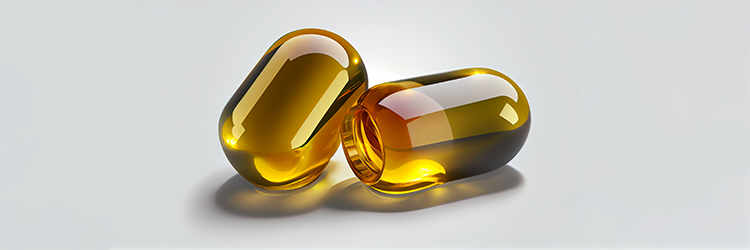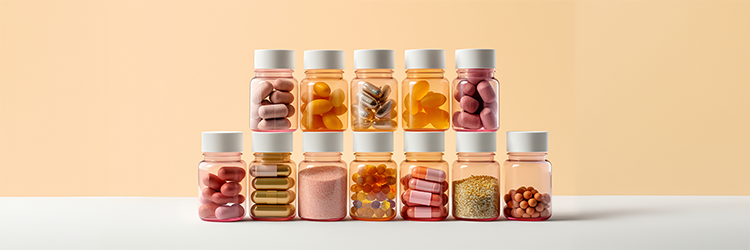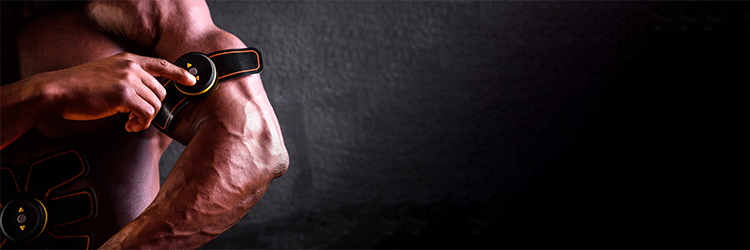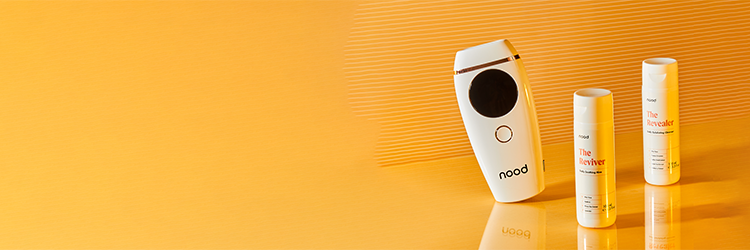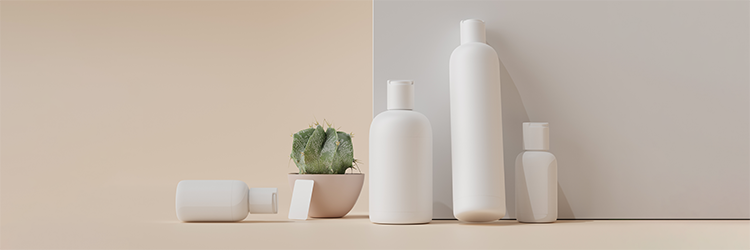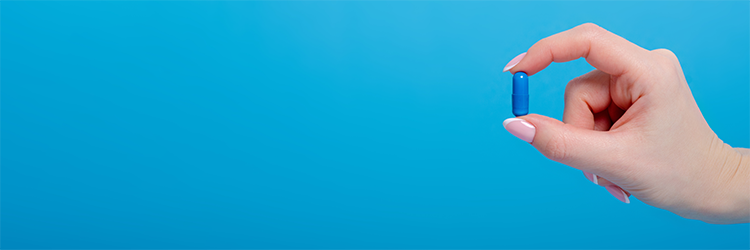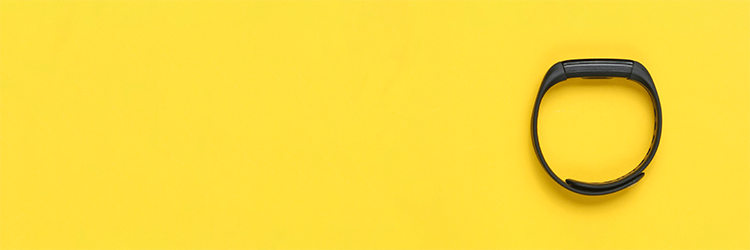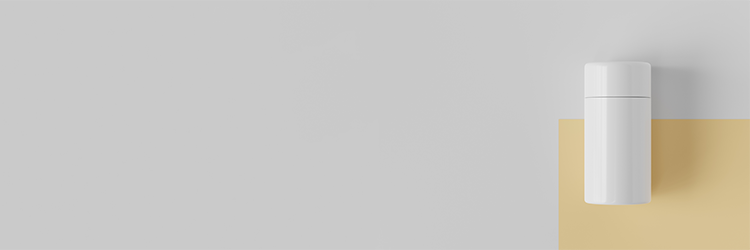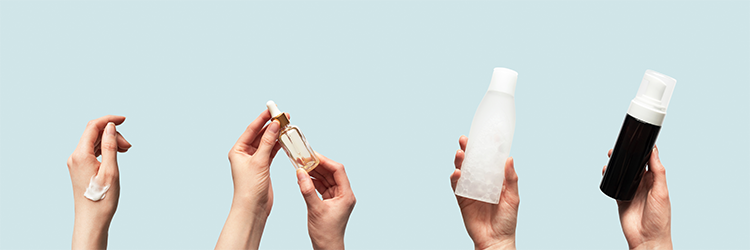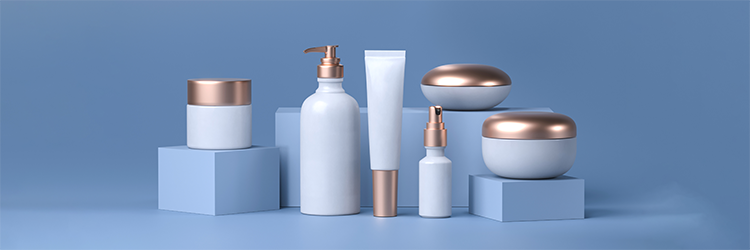
Disclaimer: None of the information in this article constitutes medical advice, and is just the opinion of the writer(s). We recommend that patients follow their doctor’s guidance in regard to prescription medication.
Desvenlafaxine is a prescription drug which is FDA-approved to treat major depressive disorder (MDD). The full chemical name for the drug is desvenlafaxine succinate.
But is this drug proven in clinical trials to reduce or eliminate depression? Does it cause uncomfortable side effects? Can it cause withdrawals? And how do real users rate and describe its effects?
In this article we'll answer these questions and more, as we review clinical studies on desvenlafaxine to determine if it's safe and effective for treating depression.
We'll compare the drug to other leading antidepressants, feature unsponsored patient reviews and discuss the risk of withdrawals upon quitting its use.
Does Desvenlafaxine Resolve Depression?
There have been a number of clinical trials evaluating the effectiveness of desvenlafaxine for reducing symptoms of depression.
A 2012 found desvenlafaxine to be effective in depressed patients.
Trial participants assigned to desvenlafaxine reported significantly reduced depression scores. The average HAM-D score (a clinical depression grading tool) was greater than 20 at the start of the trial and less than 10 at the end of the trial, representing a decrease in depression symptoms of around 50%.
A published in The Primary Care Companion journal evaluated the efficacy of desvenlafaxine in patients with major depression. This review analyzed data from three clinical trials on the topic.
The researchers concluded that desvenlafaxine improved the condition of depressed patients on average.
Remission rates were around 10% higher in the trial participants taking desvenlafaxine compared to trial participants taking placebo pills. Remission is defined as an extended period free of any major depressive symptoms.
A 2010 concluded that desvenlafaxine was effective for treating depression and was slightly more effective than selective serotonin reuptake inhibitor (SSRI) drugs, which is the most common class of antidepressants.
We can conclude from the available research that desvenlafaxine is effective for treating depression, which is unsurprising given that the medication is approved by the FDA for that indication.
Does Desvenlafaxine Cause Side Effects?
Desvenlafaxine has a “black box” warning on its , which references a risk of severe side effects.
The black box warning states that desvenlafaxine may increase risk of suicidal thoughts or actions in children, adolescents and young adults.
A published in the Current Medical Research and Opinion journal documented that 5% more patients on desvenlafaxine at a 100 milligram (mg) dose had to drop out of the trial due to severe side effects than those taking placebo pills.
Dizziness was the most commonly-reported side effect, and occurred 8% more frequently on desvenlafaxine than on placebo. Dry mouth occurred 9% more frequently, and constipation occurred 7% more frequently.
Clearly, the more common side effects of desvenlafaxine are relatively mild, but the rare risk of suicide-related side effects is concerning.
It may be beneficial for parents who are considering desvenlafaxine for their child to speak with their pediatrician about alternative antidepressant medications without the potential for increased suicidality.
It may be useful for young adults (the age range for “young adult” is not defined on the FDA label) to discuss the same concerns with their doctor.
Real People Try Desvanlafaxine
A YouTube creator named "Anxiously Bri" whose channel focuses on mental health content has a video explaining her experience using desvenlafaxine after seven weeks:
A TikTok creator named "lbrauner" claims to have had a positive experience using desvenlafaxine:
Watch on TikTok
Is the Brand-Name Version Better?
The brand-name version of desvenlafaxine is Pristiq.
As we documented in our Pristiq reviews article, there has been extensive clinical research comparing the efficacy and safety of branded and generic drugs, and both categories are equally effective on average.
This makes logical sense given that branded and generic drugs contain the exact same active chemical compound.
This suggests that desvenlafaxine should be equally effective to Pristiq, but may be cheaper, especially for patients without health insurance.
At the time of updating this article, the retail price of Pristiq is currently around $415 according to GoodRx.
Desvenlafaxine extended release (ER) is currently under $25 at Cost Plus Drugs.
Desvenlafaxine vs. Venlafaxine
Venlafaxine is another commonly-prescribed antidepressant, although as we documented in our venlafaxine reviews article, it's also FDA-approved to treat anxiety. Patients are often curious about which of the two drugs is more effective.
A comparative examined the efficacy and safety of these two drugs for treating depression. The researchers concluded that they were equal in terms of efficacy, but that desvenlafaxine caused fewer side effects.
Another examined data from patients who were unresponsive to venlafaxine and switched to desvenlafaxine.
Over 50% of these patients were categorized as “responders” to desvenlafaxine, which suggests that desvenlafaxine may be particularly effective in patients who achieve no benefit from venlafaxine.
Based on the available research, there doesn’t seem to be much clinical difference between desvenlafaxine and venlafaxine, which is unsurprising given that the two drugs are chemically similar.
We would recommend that patients speak with their doctor about desvenlafaxine over venlafaxine, because it may have a slightly superior side effect profile.
Patients Rate Desvenlafaxine
Drugs.com is a website that allows prescription medication patients to rate and review the drugs they're taking.
We cannot verify the accuracy or authenticity of any reviews on this site.
Desvenlafaxine has been reviewed over 800 times on Drugs.com, and has an average review rating of 6.8 out of 10 at the time of updating this article.
A top positive review is written by a user named “Aljo” who gave the medication a 10/10 rating, and claims it provided antidepressant benefits without the sexual side effects of other medications:
“I've recently come off lexapro due to some side effects, loss of sex drive and ejaculations without orgasms. How weird is that? Anyway I'm now on [desvenlafaxine] and the fog has lifted. You forget how good life can be when you're in the spirals of depression. But be active in your care and keep trying different meds because one day you'll succeed. I think [desvenlafaxine] is my 6th attempt at finding my happy place.”
A top negative review is published by a user named “Mylifeisruined” who gave the drug a 1/10 star rating, and who claims that the side effects reduced their quality of life:
“I suffered almost every side effect, yawning, insomnia, increased anxiety, tinnitus, sweating, incapable of having an orgasm, vivid nightmares. I took [desvenlafaxine] 50mg for 4 weeks and I only had 1 day that I was not depressed. I quit taking it after 4 weeks of sleepless nights and a very loud high pitched ringing in my head. 2 weeks of feeling dizzy and extreme headaches, then 2 months of bad headaches and extreme anxiety.”
Does Desvenlafaxine Cause Withdrawals?
Desvenlafaxine does appear to have a risk of withdrawal symptoms, which is somewhat common in drugs which modulate neurotransmitter function.
A 2009 investigated withdrawal symptoms associated with desvenlafaxine discontinuation. The most common withdrawal symptoms were: dizziness, nausea, headache and irritability.
Patients taking higher daily doses of desvenlafaxine experienced worse withdrawal symptoms on average.
After the third week, patients withdrawing from a 400 mg/day dose were still experiencing withdrawal symptoms twice as severe than patients withdrawing from a 100 mg/day dose.
We would strongly recommend that patients speak with their doctor prior to quitting desvenlafaxine, because a trained medical professional can help reduce the risk of withdrawal symptoms by creating a tapering schedule.
By slowly reducing daily dose according to research standards, rather than stopping abruptly, the risk of withdrawal symptoms may be lessened.
Does Desvenlafaxine Relieve Anxiety?
Desvenlafaxine isn’t approved by the FDA to treat anxiety, but it may be a good option for patients with both depression and anxiety.
A published in the CNS Spectrums journal assessed data from nine clinical trials on desvenlafaxine to study its anti-anxiety effects.
Those taking desvenlafaxine reported significantly reduced anxiety by the end of the trials than at baseline. Anxiety scores were 14% lower in those taking desvenlafaxine than those taking placebo pills.
Another evidenced similar results. Depressed patients taking desvenlafaxine were less anxious by the end of the trial.
These studies only examined the efficacy of desvenlafaxine for anxiety in patients who were already depressed, so this does not prove that the drug is effective for anxiety in patients who are not depressed.
However, this does suggest that desvenlafaxine may be a good option for patients with both depression and anxiety.
Our Mental Wellness PicksWe receive compensation when readers purchase the products or services we recommend.

Brightside Health is our top overall mental wellness pick.
Brightside is an online therapy and medication platform that connects patients with licensed therapists and psychiatrists from the comfort of their home.
A published in the Clinical Psychology & Psychotherapy journal found that online therapy was equally effective to in-person therapy for treating depression, anxiety and PTSD.
Mindbloom is our top alternative mental wellness pick.
Mindbloom offers ketamine therapy, and over 88% of patients experienced relief of anxiety and depression symptoms in a on the brand.
How Does Desvenlafaxine Work?
Desvenlafaxine is a member of a class of drugs called serotonin and norepinephrine reuptake inhibitors (SNRI).
This medication is ten times more selective for serotonin than norepinephrine, which means that it has greater effects on serotonin levels in the brain than on norepinephrine levels.
SNRI drugs delay the body’s processing and clearance of serotonin and norepinephrine, which are neurotransmitters that have significant effects on mood.
By delaying biological processing of these neurotransmitters, desvenlafaxine causes an artificial increase in their circulating levels, which can improve mood and reduce depression.
It hasn’t been conclusively proven that patients with depression have lower levels of these neurotransmitters than non-depressed patients, but this is the suggested mechanism of action.
Desvenlafaxine Dosage
Desvenlafaxine is prescribed at multiple doses according to a 2023 .
The above-linked review reported that the daily starting dose of desvenlafaxine is typically 50 mg, but the maximum daily therapeutic dose is 400 mg.
We located an interesting study on dosage that’s worth highlighting. A compared the efficacy of desvenlafaxine at 50 mg and 100 mg per day.
Contrary to what one might expect, the drug was actually more effective at the lower dose. Trial participants taking 50 mg daily experienced greater reductions in depression than those taking 100 mg daily.
Doctors often start patients on the lowest therapeutic dose, because lower doses tend to confer a lower risk of side effects.
But in light of this clinical trial, it may be worthwhile for patients to speak with their doctor about starting at a 50 mg dose, and only increasing dosage if they fail to experience benefit at that dose.












































































